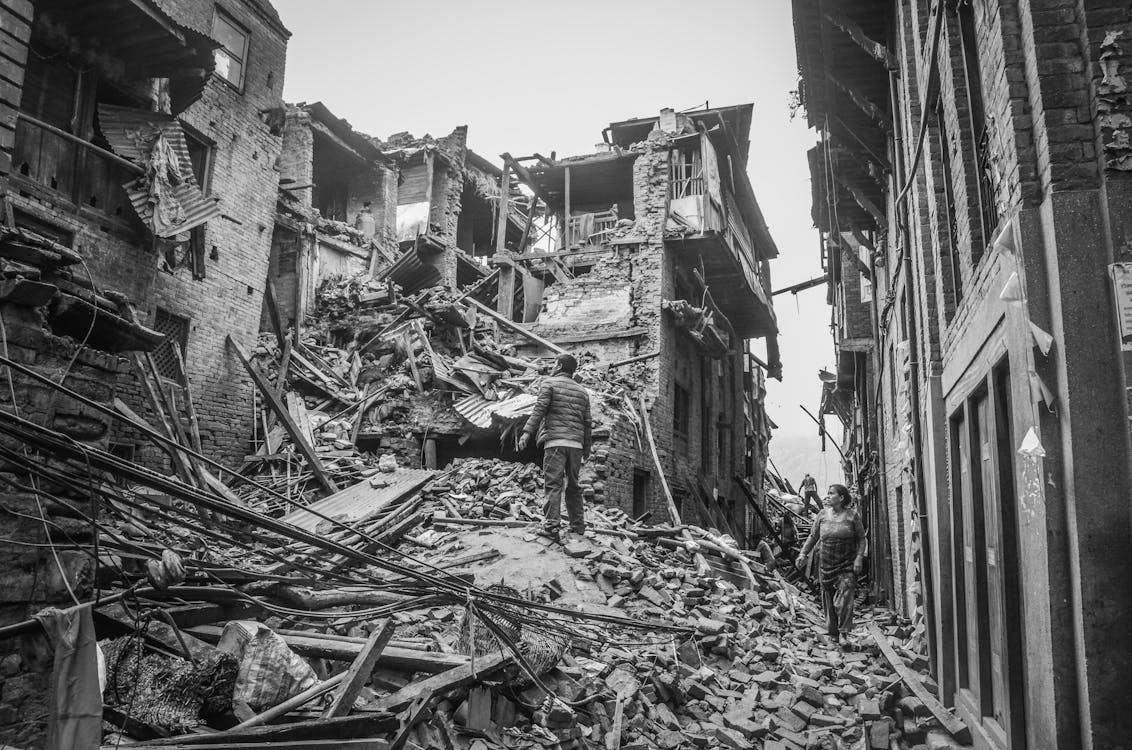For my dissertation, I have chosen to talk about earthquake modeling and forecasting in an attempt to save lives. I thought that I may as well discuss my current compiled thoughts about my research so far in a non-academic way (for a change from university) that reflects the same writing style as the rest of this blog.
As for what I have found in my current research, many seismologists and data scientists have attempted to forecast earthquakes and other seismic events in specific regions for several decades with some success. In fact, some EEWM (earthquake emergency warning management) systems have been deployed with high effectiveness and accuracy in countries like the United States of America.
In some parts of the World, these systems are still either in development, are simply not needed, or require a much more intricate solution due to specific conditions caused by the differential shapes of tectonic plates and their somewhat sporadic nature for movement and shift. This is especially true in countries such as Syria, where recently a 7.8 magnitude earthquake killed several thousands of people and completely destroyed their homes.
So what's the solution I hear you shouting? There may not actually be one as of right now. If this turns out to be true and even the most complex and accurately modeled earthquake systems are simply not effective enough for some regions then we may need several decades more for either more data to be recorded or for machine learning networks to become much more powerful.
If you remember my previous statement, all hope may still not be lost. If we continue to research this incredibly complex problem using modern techniques then we may just find the breakthrough to develop the one solution for all of our problems.
The goal of my research does mention existing research methods but it also covers some new topic areas. Perhaps I'll find the answer that we've all been looking for and be able to finally develop a universal model for seismic modeling (or at least for a country that desperately needs it).
Do I have a personal opinion on the success of these systems? Of course! Is my personal opinion actually important when discussing this topic? To a point, yes as I have spent several hours researching it but its validity cannot be scientifically supported.
If I really had to provide my personal opinion on such systems, I would have to state that it is likely possible to develop a model for each country but perhaps not an international model that works for all countries at once. This is due to the significant differences in plate tectonics and how little we know about what actually goes on beneath our feet.
I do certainly believe that we could develop more accurate earthquake forecasting systems today with enough research and funding from government agencies but it will likely take several years to develop a highly accurate system for multiple countries.
There is always a risk that a forecast could be wrong, just like how when you check the weather forecast for rain; there is always a chance of a thunderstorm ruining your day. Systems such as these should be taken seriously, but also with a slight pinch of salt.

Comments
Post a Comment